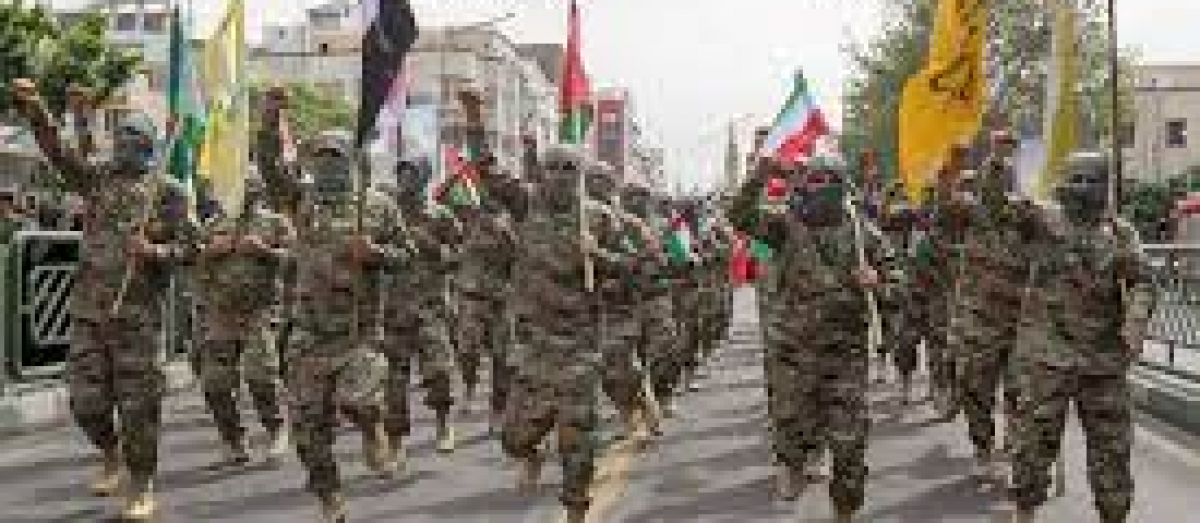MENA Home
Saudi Arabia, as one of the most influential countries in the MENA region, has had a complex set of relationships with its neighbors, characterized by both cooperation and conflict. These relationships are influenced by a mix of religious dynamics, economic competition, and geopolitical strategies.
Iran
Perhaps the most prominent and contentious of Saudi Arabia’s regional relationships is with Iran. The two countries are seen as the foremost rivals in the Middle East, representing not just competing national interests but also deeper sectarian divides—Iran is predominantly Shia Muslim, while Saudi Arabia is the leading Sunni Muslim power and the custodian of Islam’s two holiest sites.
The rivalry has played out in various regional theaters, including:
- Yemen: Saudi Arabia has led a coalition fighting the Houthis in Yemen, who are believed to be backed by Iran.
- Syria: Iran has supported President Bashar al-Assad, while Saudi Arabia has backed rebel groups opposing his regime.
- Lebanon: The political scene in Lebanon is another area of competition, with Iran supporting Hezbollah and Saudi Arabia traditionally backing Sunni factions.
Qatar
The recent rift with Qatar was another significant conflict within the Gulf Cooperation Council (GCC). In 2017, Saudi Arabia, along with the UAE, Bahrain, and Egypt, imposed a blockade on Qatar, accusing it of supporting terrorism and being too close to Iran. The blockade was lifted in January 2021 after a reconciliation agreement, but the incident highlighted the fault lines within the Gulf Arab states.
Iraq
Post-2003, Saudi Arabia viewed the new Shia-led government in Iraq with suspicion, fearing increased Iranian influence. Relations have been fraught but have seen improvement in recent years as Saudi Arabia seeks to counterbalance Iran’s presence by engaging with Baghdad economically and politically.
Syria
Although not in direct conflict, Saudi Arabia’s involvement in the Syrian Civil War showcased its geopolitical strategies. Supporting various rebel groups, Saudi Arabia aimed to counter both Iranian influence and the rise of extremist groups that could threaten its own security.
Egypt
Saudi Arabia has historically had a strong relationship with Egypt, often providing economic aid and political support. However, there have been moments of tension, particularly during the brief rule of the Muslim Brotherhood, which Saudi Arabia opposes regionally.
Turkey
While not in outright conflict, Saudi-Turkish relations have been strained at times. The murder of journalist Jamal Khashoggi in the Saudi consulate in Istanbul severely affected bilateral relations, and there have been differences over regional issues such as the support for different factions in the Libyan civil war.
OPEC Dynamics
As the world’s leading oil exporter, Saudi Arabia’s relationships within OPEC are critical. While not conflicts per se, Saudi Arabia has had to navigate complex dynamics with other oil-exporting countries in the MENA region, balancing its own economic interests with the collective goals of the cartel.
Inter-GCC Relations
Within the GCC, Saudi Arabia is the largest and most powerful member, but this has sometimes led to tensions with smaller neighbors who fear Saudi dominance. While the GCC was formed to foster economic and security cooperation, internal disputes have occasionally surfaced, as seen with Qatar and, at times, with Oman over foreign policy orientations.
Conclusion
Saudi Arabia’s conflicts and tense relationships in the MENA region are a reflection of its status as a major power seeking to preserve its interests in a volatile environment. The Kingdom’s Sunni identity, custodianship of Islam’s holiest sites, vast oil wealth, and strategic partnership with the United States have all contributed to its regional posture. While not always at war, Saudi Arabia’s interactions with its neighbors are marked by a careful balancing act between leading the Sunni Arab world, countering Iranian influence, and managing its complex web of alliances and rivalries.



